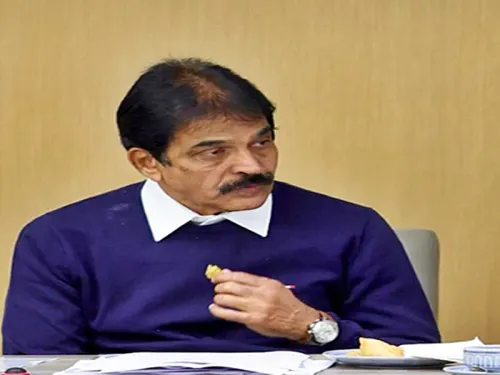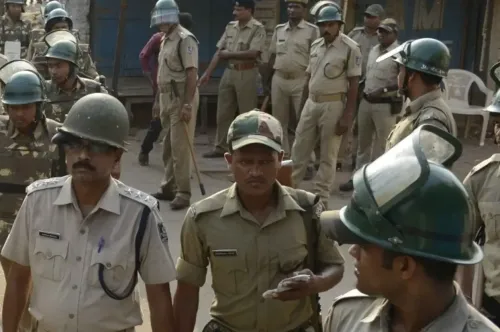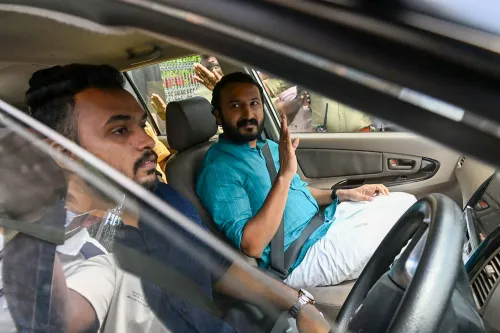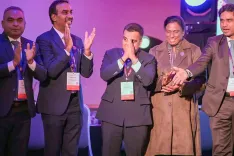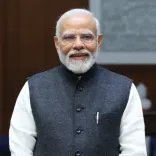Prosecutors Conduct Raid on Corruption Office Amidst Yoon's Legal Troubles
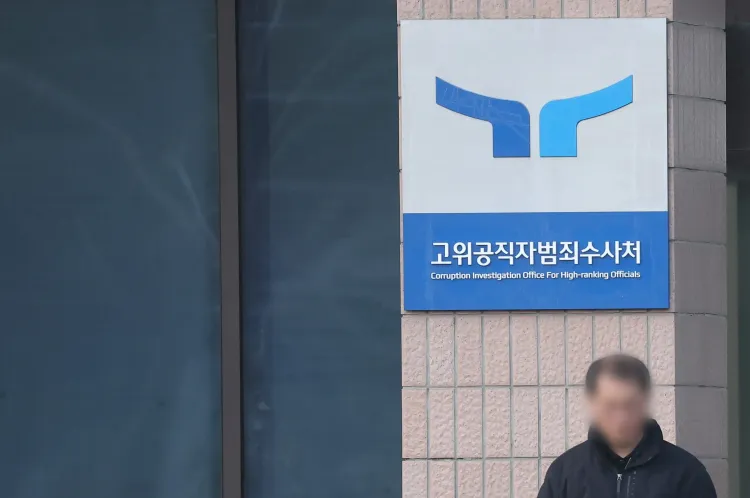
Synopsis
Key Takeaways
- Prosecutors raided the CIO amid allegations of misconduct.
- Yoon Suk Yeol's lawyers claim the CIO sought unauthorized warrants.
- The court had previously denied search warrants against Yoon.
- The Constitutional Court will decide Yoon's political future.
- Impeachment accusations involve constitutional violations.
Seoul, Feb 28 (NationPress) South Korean prosecutors executed a raid on the Corruption Investigation Office for High-ranking Officials (CIO) on Friday amid allegations that it attempted to obscure a court's initial rejection of search warrants for the impeached President Yoon Suk Yeol, related to his brief declaration of martial law.
Officials reported that investigators from the Seoul Central District Prosecutors Office targeted the CIO’s headquarters to collect evidence pertinent to these allegations.
This search followed recent statements from Yoon's legal team, asserting that the CIO had sought search warrants against Yoon from the Seoul Central District Court, which subsequently denied the request.
Subsequently, the CIO pursued a detention warrant from the Seoul Western District Court, which was granted, resulting in Yoon's detention in January.
Yoon's lawyers alleged that the CIO deliberately shifted their request to the Seoul Western District Court to enhance the likelihood of obtaining a warrant.
Furthermore, Yoon's team lodged a complaint against the CIO’s chief, alleging that the office responded unfavorably to inquiries from a ruling party lawmaker regarding whether it had pursued search warrants against Yoon from the central district court.
In response, the anti-corruption investigative agency disputed these claims, asserting that the request for the warrant from the Seoul Western District Court was made solely because the presidential residence is situated within that court's jurisdiction, as reported by the Yonhap news agency.
Meanwhile, the South Korean Constitutional Court is anticipated to make a decision around mid-March regarding the potential removal of President Yoon Suk Yeol from office or his reinstatement.
The trial concluded after 11 sessions, 73 days following the National Assembly’s vote to impeach Yoon due to his brief imposition of martial law on December 3.
The impeachment charge accuses Yoon of breaching the Constitution and laws by declaring martial law without a national emergency and bypassing necessary procedures such as convening a Cabinet meeting and informing the Parliament.
Yoon contends that his martial law declaration was a governance measure intended to caution the Opposition party against its repeated impeachments of government officials and efforts to reduce the government budget.
If formally ousted from office, Yoon, who was elected in May 2022 for a single five-year term, would face a snap election within 60 days. Conversely, should the impeachment be dismissed, Yoon would immediately regain his responsibilities.

